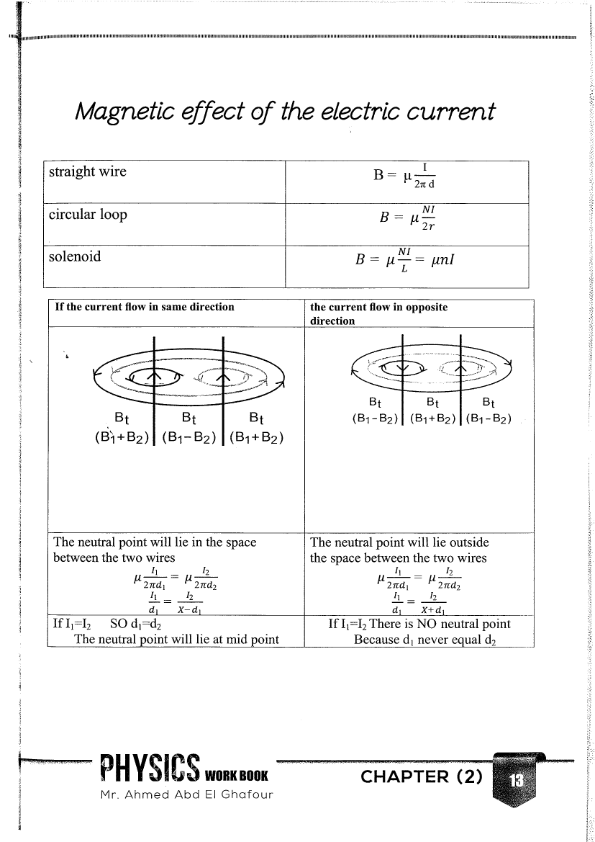
المراجعة النهائية للصف الثالث الثانوي في الفيزياء باللغة الانجليزية "physics" للثانوية العامة
عرض شامل لكل أسئلة الامتحانات السابقة وكتاب المدرسة ودليل التقويم في ال "physics"
مستر أحمد عبد الغفور
للتحميل: فضلا اضغط على اسم المراجعة
المراجعة النهائية في الفيزياء "physics" للصف الثالث الثانوي 2016 الفصل الاول الكهربية
المغناطيسية الكهربائية مراجعة نهائية في "physics" الفيزياء للثانوية العامة 2016
أجهزة القياس الكهربي المراجعة النهائية في الفيزياء "physics للثالث الثانوي
المراجعة النهائية في modern physics للصف الثالث الثانوي في الفيزياء للثانوية العامة 2016


Quantum mechanics is based on a set of principles and equations that describe the behavior of particles at the atomic and subatomic level. Some of the key principles of quantum mechanics include:
1. Wave-particle duality: Particles such as electrons and photons can behave like waves and particles at the same time, depending on how they are observed.
2. Uncertainty principle: It is impossible to know the position and momentum of a particle with arbitrary precision at the same time.
3. Superposition: A particle can exist in multiple states at the same time, and the probability of observing a particular state is determined by the wave function of the particle.
4. Entanglement: Two particles can become entangled, meaning that the state of one particle is dependent on the state of the other particle, even if they are separated by a large distance.
The behavior of particles in quantum mechanics is described by a set of equations known as the Schrödinger equation. This equation describes how the wave function of a particle evolves over time, and how it interacts with other particles and fields.
Other important equations in quantum mechanics include the Heisenberg uncertainty principle, which relates the uncertainty in a particle's position and momentum, and the Dirac equation, which describes the behavior of relativistic particles such as electrons.
Quantum mechanics is a highly mathematical and abstract field, and its principles and equations have been used to develop a wide range of technologies, from transistors to lasers to quantum computers.
العلم والايمان2023-05-20, 11:15 pm